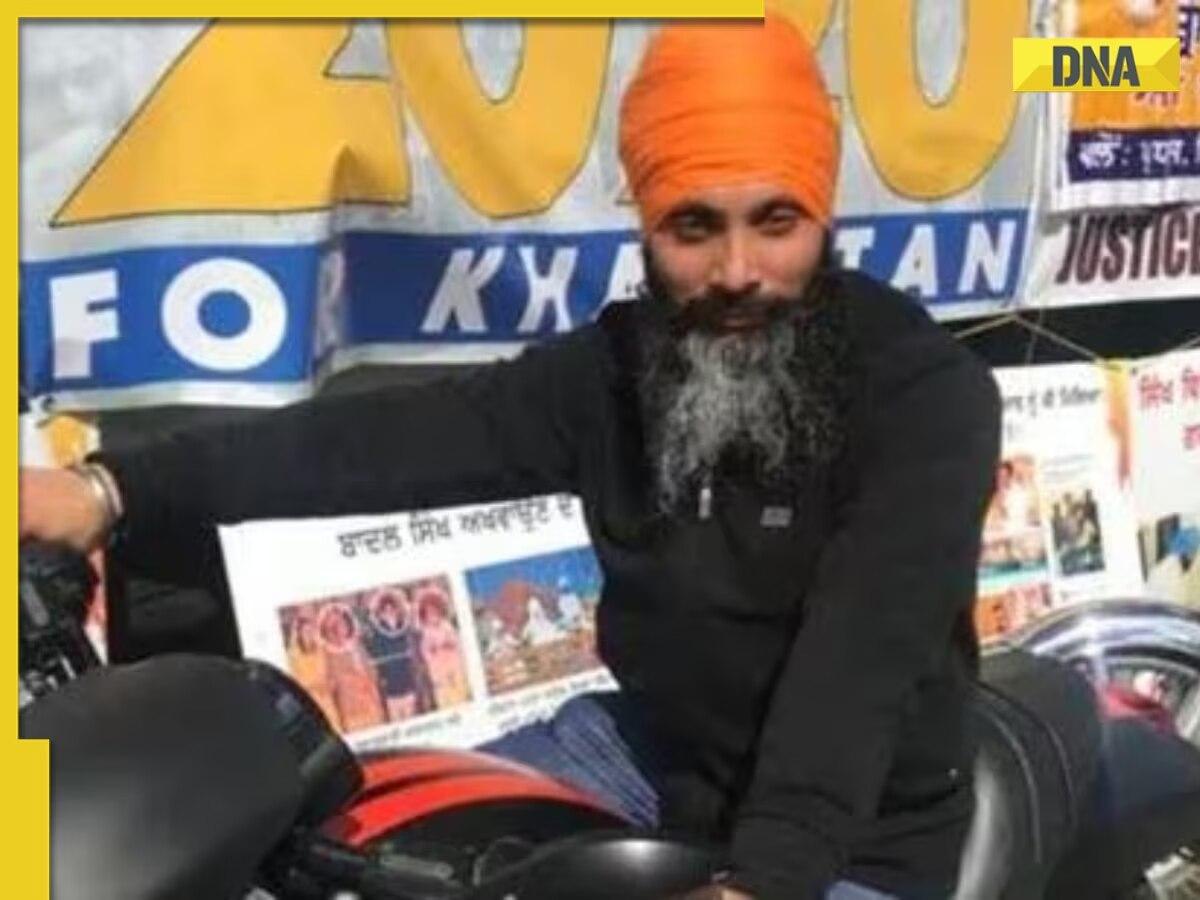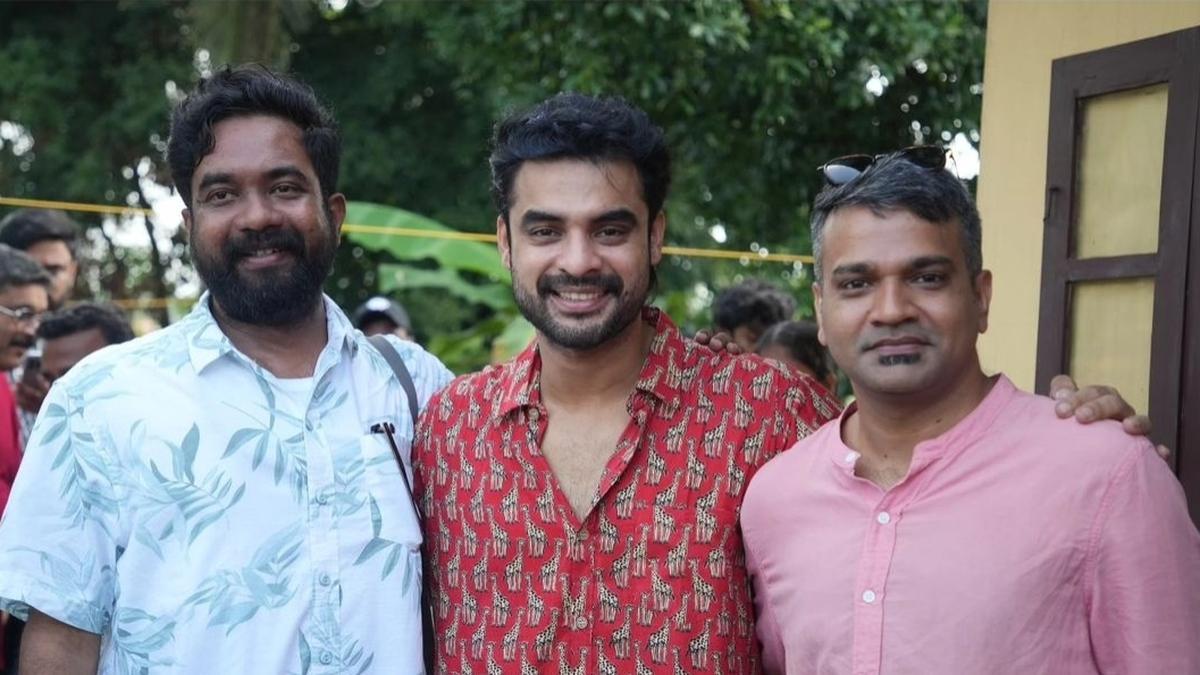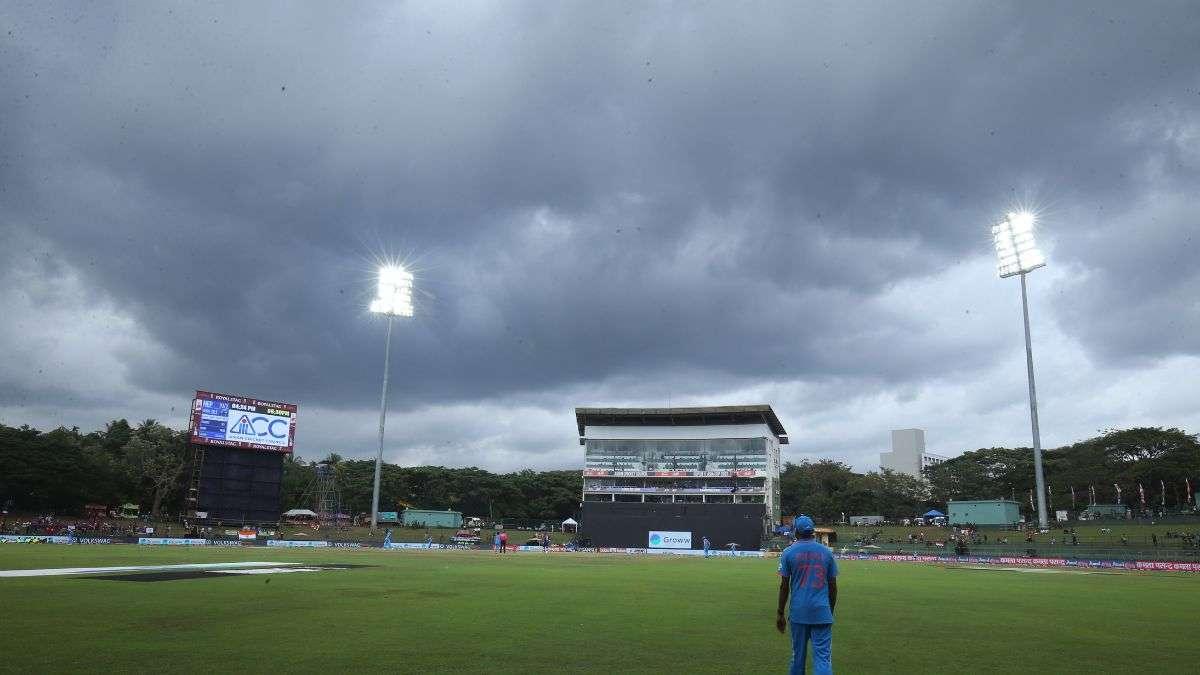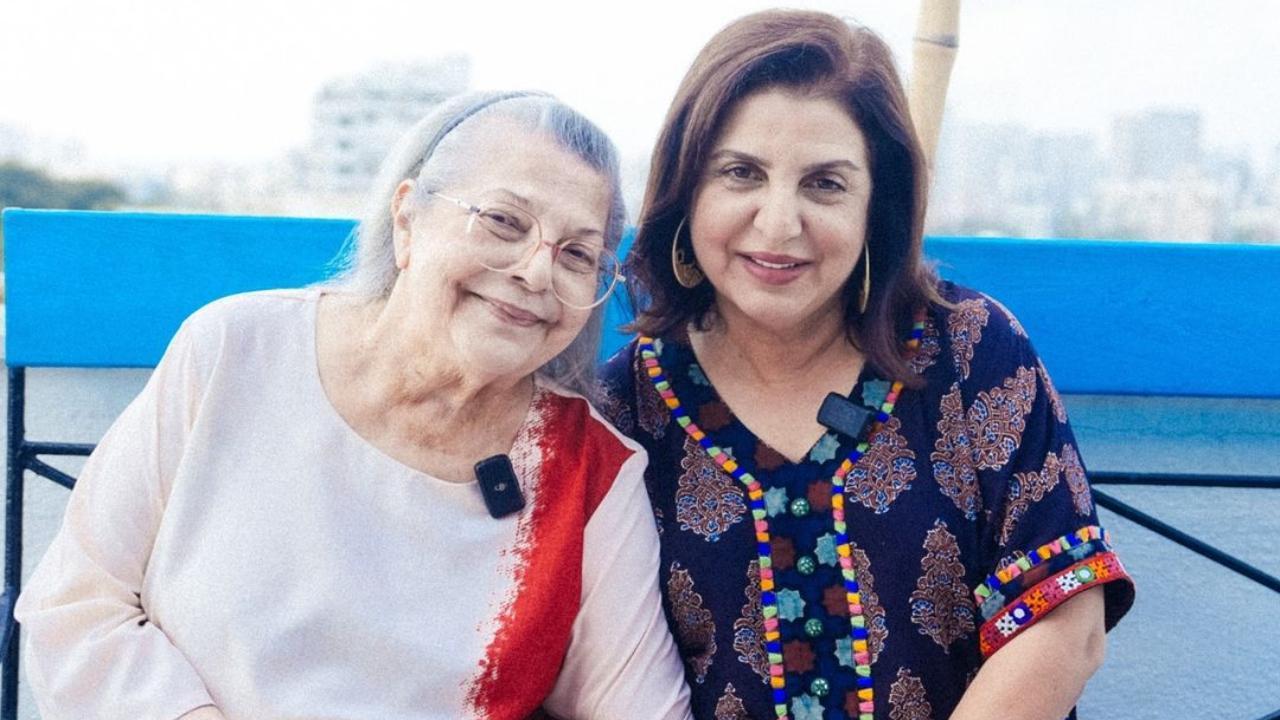
An atmosphere charged with tension prevailed outside a Canadian courthouse as three Indian nationals, embroiled in the homicide case of Khalistan separatist Hardeep Singh Nijjar, made their initial court appearance via video link. The proceedings on Tuesday marked the first time the accused, Karan Brar, Kamalpreet Singh, both aged 22, and Karanpreet Singh, aged 28, faced the judicial system formally on charges of first-degree murder and conspiracy to commit murder, following their apprehension last Friday. The Surrey Provincial Court in British Columbia province was the site of this significant event, as reported by the Vancouver Sun.
Dressed in the standard-issue red garments of the North Fraser Pretrial Centre, each man was presented individually to the court. The trio, believed to be part of an alleged assassination group, affirmed their understanding of the English language proceedings and subsequently acknowledged cognizance of the serious accusations leveled against them.
The courthouse was thronged by hundreds of local Khalistan supporters, an indication of the case’s broader cultural and political implications. Inside, authorities were compelled to open an overflow room to accommodate an additional 50 individuals eager to observe the legal process. Meanwhile, outside the courthouse, the scene was marked by approximately 100 more individuals, waving the Khalistan flag and showcasing their support for Sikh separatism through posters and slogans.
Nijjar, a Canadian national, became a victim of fatal gun violence on June 18, 2023, his life abruptly ending outside a Sikh temple in Surrey. The indictments served on Friday purport that the conspiracy to commit this crime spanned locales, specifically Surrey and Edmonton, between May 1, 2023, and the date of Nijjar’s murder.
The accused trio entered Canada within the last five years and are suspected of engaging in drug trafficking and related violent activities, as per local law enforcement sources. In a move that heightened diplomatic frictions, Indian authorities sharply criticized recent comments by Canadian Prime Minister Justin Trudeau, who had addressed the complexity of the case and its roots in political unrest during a Khalsa Day gathering in Toronto attended by some Khalistan sympathizers.
This bilateral strain was exacerbated by Trudeau’s past allegations, hinting at possible Indian intelligence involvement in Nijjar’s killing, a statement India vehemently dismissed as baseless and politically charged. The presence of Sikh separatist factions within Canada has been a perennial source of concern for India, which had previously designated Nijjar as a “terrorist.”
Although Canadian police have arrested the three Indian nationals in connection with the murder and have mentioned collaboration with U.S. law enforcement officials, Assistant Commissioner David Teboul of the Royal Canadian Mounted Police affirmed ongoing investigations into potential connections with Indian government representatives, carefully steering clear of any overt allegations.
External Affairs Minister S Jaishankar of India weighed in on the case, interpreting the events and corresponding political reactions in Canada as largely influenced by domestic electoral calculations rather than facts pertinent to India. He criticized certain pro-Khalistan elements for exploiting Canadian democracy to fashion a power base, thereby influencing local party politics. Jaishankar lamented the lack of cooperation from Canada on extraditions and information sharing, especially in cases concerning pro-Khalistan individuals.
As the legal process against the three Indian nationals unfolds, and with Canadian politics draped in layers of contentious debate over Khalistan separatism and the participation of foreign nations, the case of Hardeep Singh Nijjar’s ill-fated demise promises to remain in the spotlight, straddling the complex intersection of law, international diplomacy, and diaspora politics.










